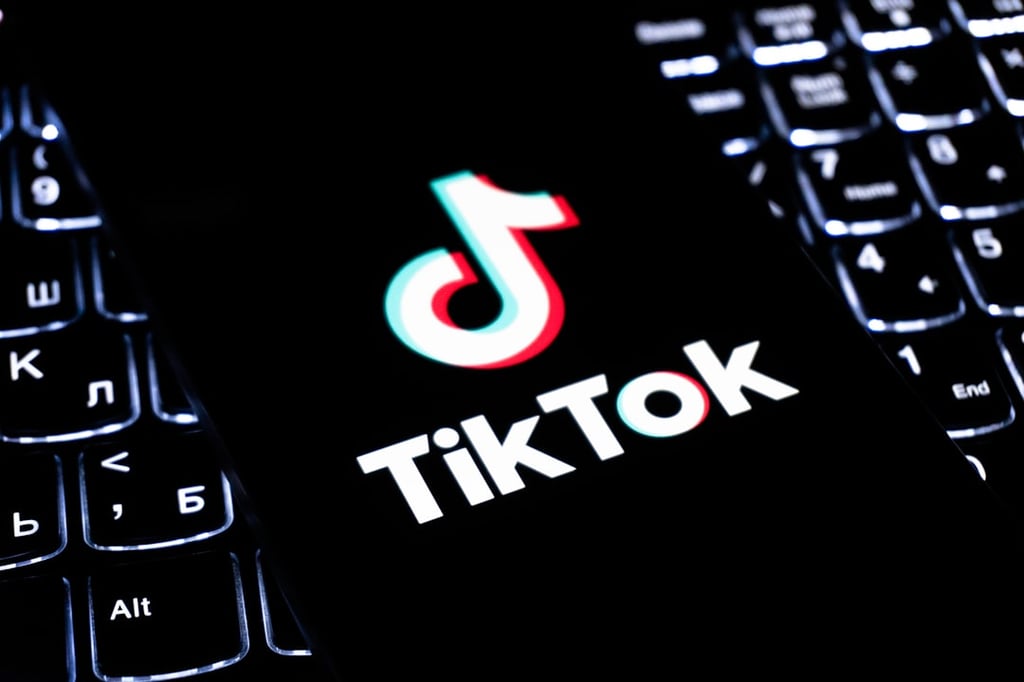Datamation content and product recommendations are
editorially independent. We may make money when you click on links
to our partners.
Learn More
Does the world really need another softphone? We shall soon see.
Basis AudioNet, based in Hamburg, Germany and Philadelphia, recently announced the release of a new IP communications soft client that, like many other softphones on the market, combines IP telephony with instant messaging, and video telephony services in a single, standalone client application.
But rather than competing with the likes of Skype, GoogleTalk, or Gizmo Project, Basis is making a niche play here, aiming its offering primarily at those carriers already running its Multi-Client Communications Suite (MCCS). Basis execs say their product stands out as a value add for the company’s MCCS users, allowing them to access vice, video and IM without having to purchase an IP phone or other devices.
Accordingly, the company has crafted its soft client as a white-label offering. Carriers will be able to customize the interface with their own corporate identity and monetize the application with full advertisement functionality from within the dashboard.
Most leading soft phone offerings “are not skin-able,” said Matthias Ziegenbein, director of business development for North America. “Someone could not take this client and brand it to their own desire. Here you can actually brand it as your own, to your liking.”
In crafting its soft client as an adjunct to its own existing communications suite, Basis may appear to have limited its potential market. But its MCCS platform—which came to market in 2006—already claims some 600,000 subscribers.
The success of MCCS is but one example of a creative company’s ability to change with the times. Founded as an ad agency in 1968, the company went on to develop a chat application platform for Deutsche Telecom, and further developed a Central Access Solution (CAS), which handles more than 50 million calls each day.
In its present iteration, Basis is moving to keep pace with the evolving soft client market. Ziegenbein says Basis is angling to distinguish its product through a close commingling of the soft phone and the underlying communications suite.
With Basis middleware connecting the client to the carrier’s network, a continuum of services is achieved. It comes down to this: Users can go off line, come back in later on and still be able to access missed-call and voice-notification information collected in their absence. That’s something that cannot happen with soft clients that merely sit on top of carrier networks, without that middleware connection, Ziegenbein said.
This arrangement also creates the ability to generate presence, something Skype and the other Web-based VoIP services can do but most other proprietary softphones cannot, Ziegenbein said.
Furthermore, initial installation should be easier than with other soft clients, according to Benjamin Wolf, Basis’ director of product development. Since the client is plugged directly into the network, it’s possible to push through a preconfigured setup, sparing the user from having to create that initial arrangement. The same ease of rollout would apply to the addition of new features and other systems changes.
To further bolster its ease of use claim, Basis has built in HTTP tunneling and other technology, to ensure user functionality across common firewall settings—a weakness that plagues most of the other softphone-based services.
In the wider context, Basis has tried to ensure itself a secure place in the VoIP market. While it would surely like to sell its own platform as often as possible, the company is flexible in that regard, often working as an integrator, writing interfaces to Alcatel voicemail apps or existing Cisco systems.
As to the soft client, even here the company is happy to be flexible. While the product was built expressly to interface with Basis’ own IP communications platform, Ziegenbein said it could be customized to fit another system, if the demand were there.
This article was first published on VoIPPlanet.com.
-
Ethics and Artificial Intelligence: Driving Greater Equality
FEATURE | By James Maguire,
December 16, 2020
-
AI vs. Machine Learning vs. Deep Learning
FEATURE | By Cynthia Harvey,
December 11, 2020
-
Huawei’s AI Update: Things Are Moving Faster Than We Think
FEATURE | By Rob Enderle,
December 04, 2020
-
Keeping Machine Learning Algorithms Honest in the ‘Ethics-First’ Era
ARTIFICIAL INTELLIGENCE | By Guest Author,
November 18, 2020
-
Key Trends in Chatbots and RPA
FEATURE | By Guest Author,
November 10, 2020
-
Top 10 AIOps Companies
FEATURE | By Samuel Greengard,
November 05, 2020
-
What is Text Analysis?
ARTIFICIAL INTELLIGENCE | By Guest Author,
November 02, 2020
-
How Intel’s Work With Autonomous Cars Could Redefine General Purpose AI
ARTIFICIAL INTELLIGENCE | By Rob Enderle,
October 29, 2020
-
Dell Technologies World: Weaving Together Human And Machine Interaction For AI And Robotics
ARTIFICIAL INTELLIGENCE | By Rob Enderle,
October 23, 2020
-
The Super Moderator, or How IBM Project Debater Could Save Social Media
FEATURE | By Rob Enderle,
October 16, 2020
-
Top 10 Chatbot Platforms
FEATURE | By Cynthia Harvey,
October 07, 2020
-
Finding a Career Path in AI
ARTIFICIAL INTELLIGENCE | By Guest Author,
October 05, 2020
-
CIOs Discuss the Promise of AI and Data Science
FEATURE | By Guest Author,
September 25, 2020
-
Microsoft Is Building An AI Product That Could Predict The Future
FEATURE | By Rob Enderle,
September 25, 2020
-
Top 10 Machine Learning Companies 2021
FEATURE | By Cynthia Harvey,
September 22, 2020
-
NVIDIA and ARM: Massively Changing The AI Landscape
ARTIFICIAL INTELLIGENCE | By Rob Enderle,
September 18, 2020
-
Continuous Intelligence: Expert Discussion [Video and Podcast]
ARTIFICIAL INTELLIGENCE | By James Maguire,
September 14, 2020
-
Artificial Intelligence: Governance and Ethics [Video]
ARTIFICIAL INTELLIGENCE | By James Maguire,
September 13, 2020
-
IBM Watson At The US Open: Showcasing The Power Of A Mature Enterprise-Class AI
FEATURE | By Rob Enderle,
September 11, 2020
-
Artificial Intelligence: Perception vs. Reality
FEATURE | By James Maguire,
September 09, 2020
SEE ALL
ARTICLES







